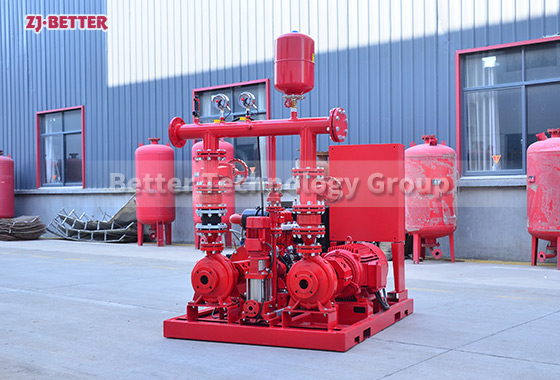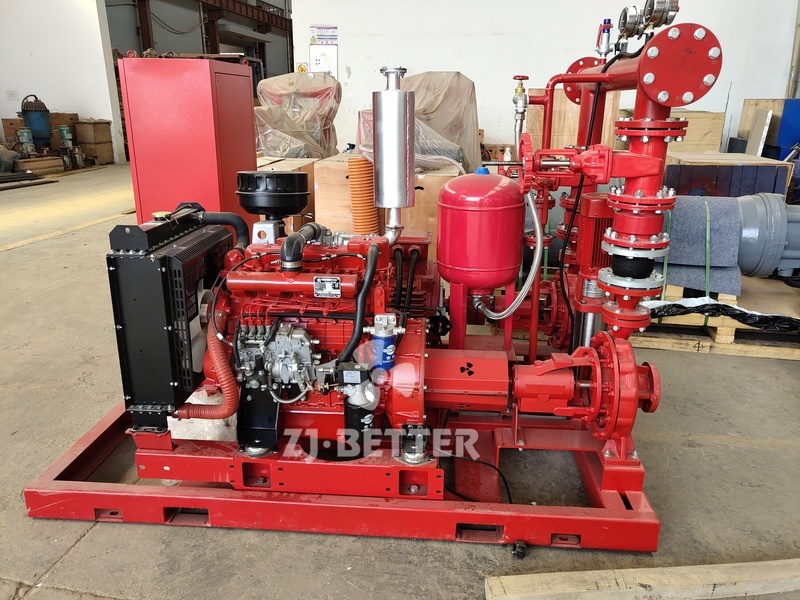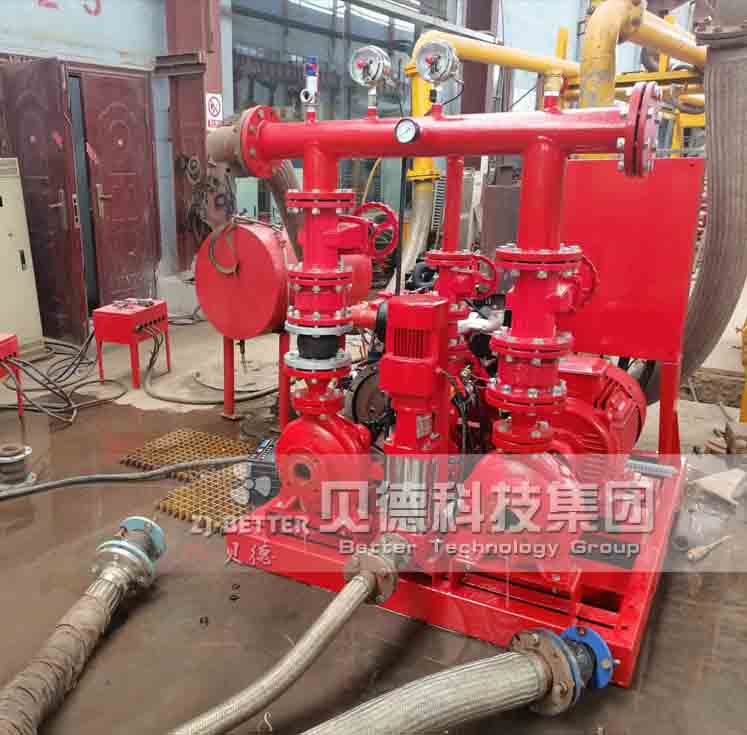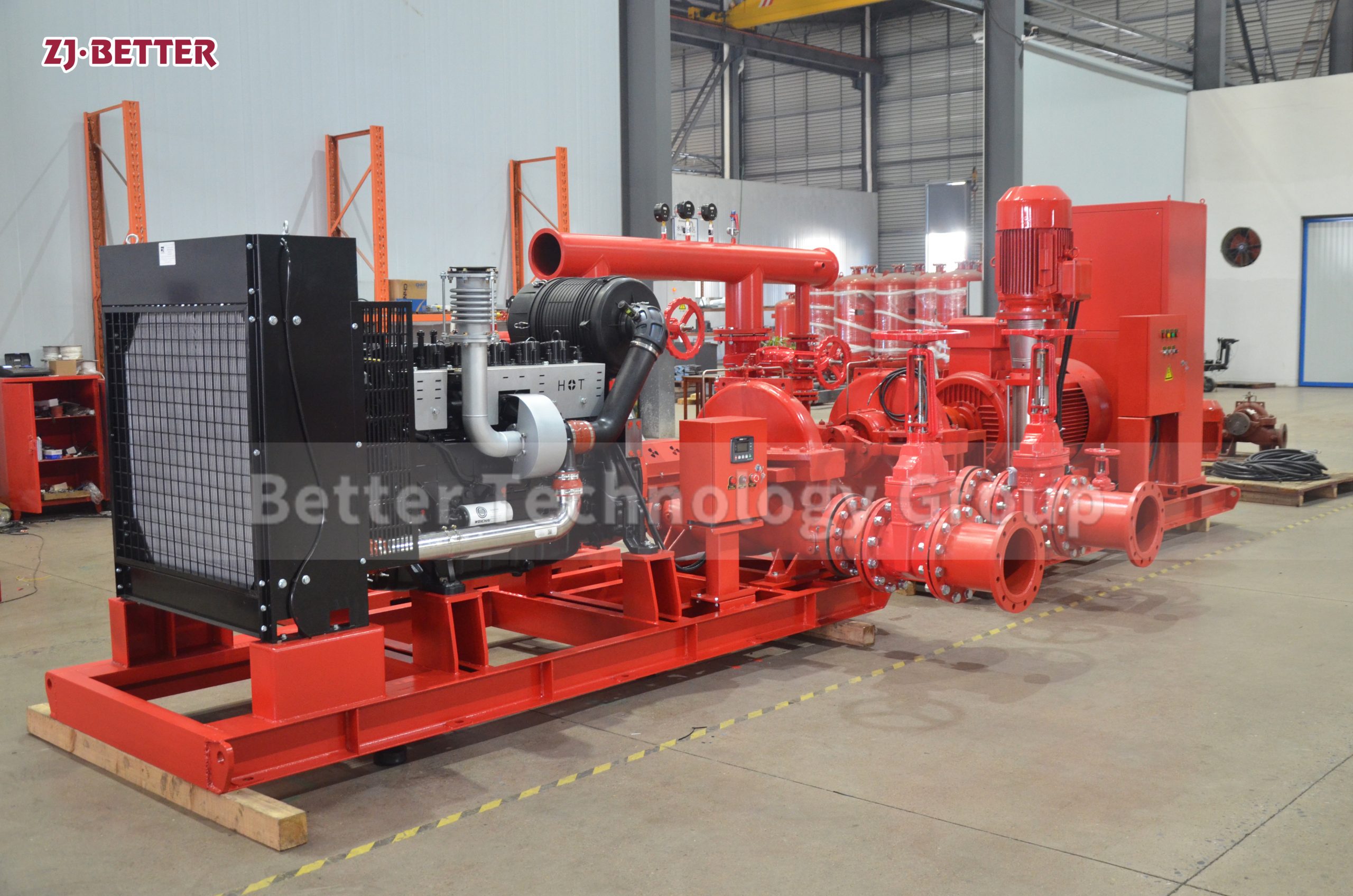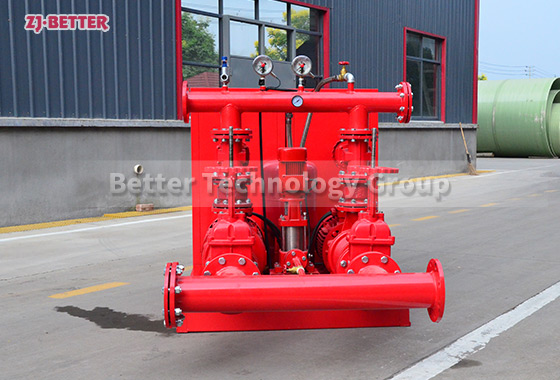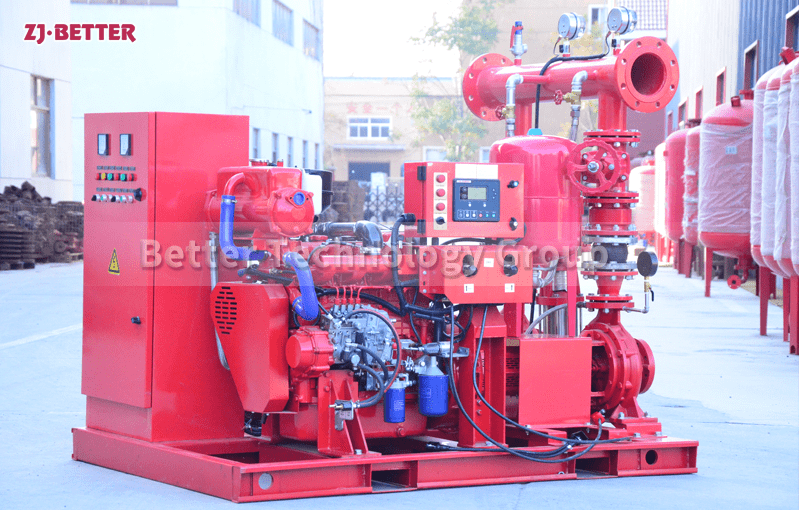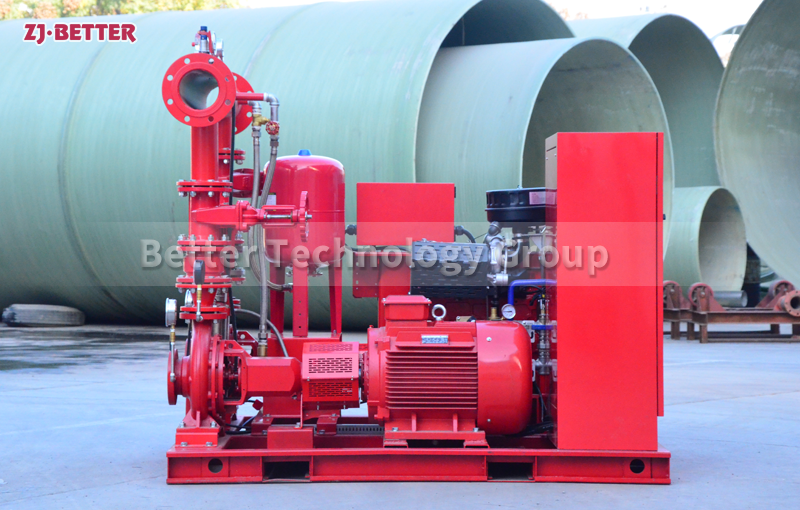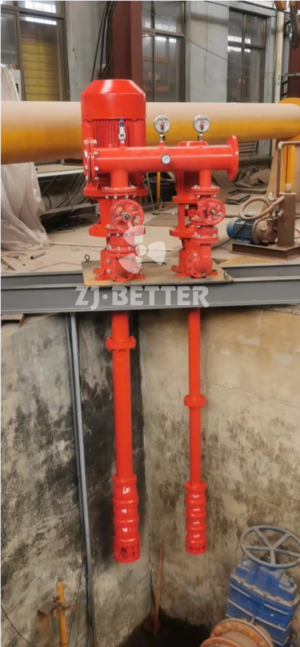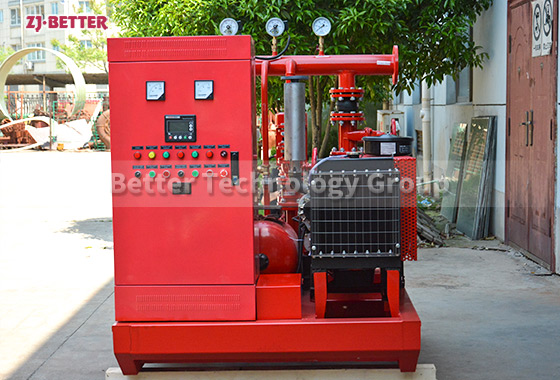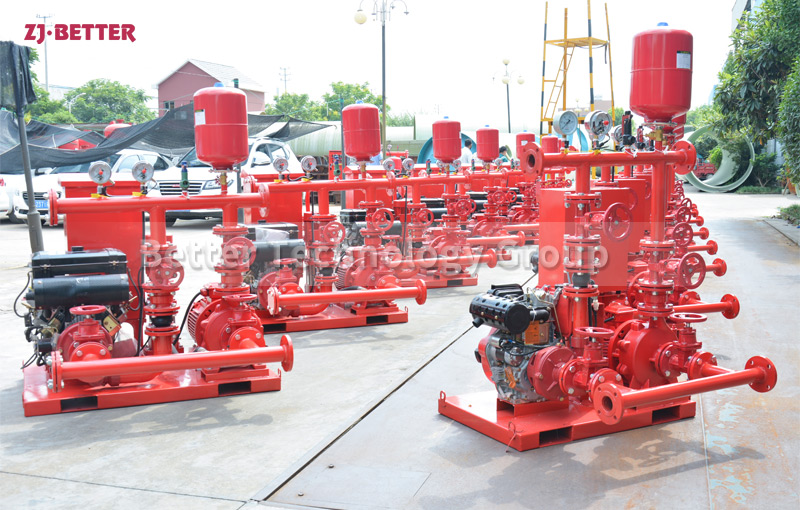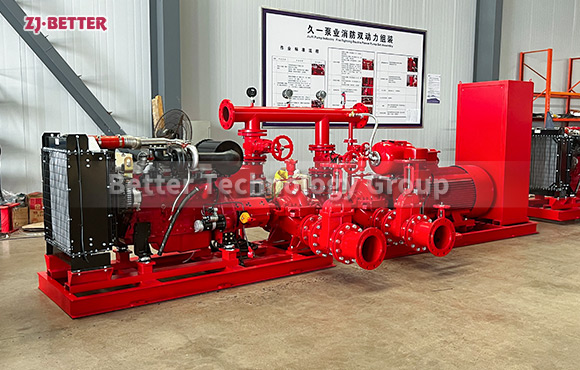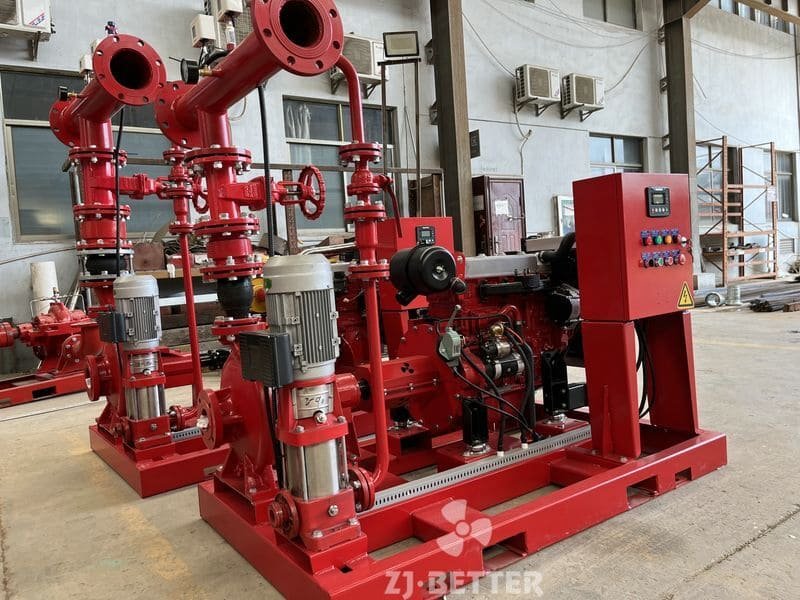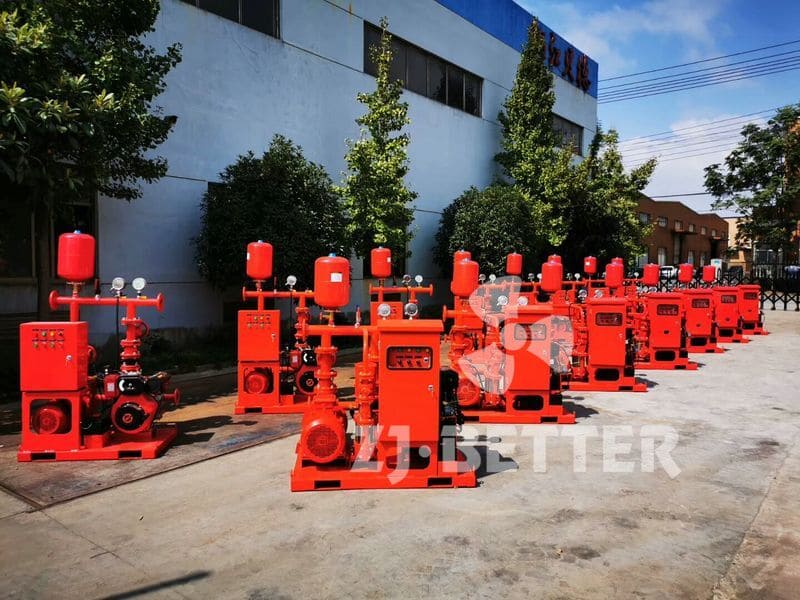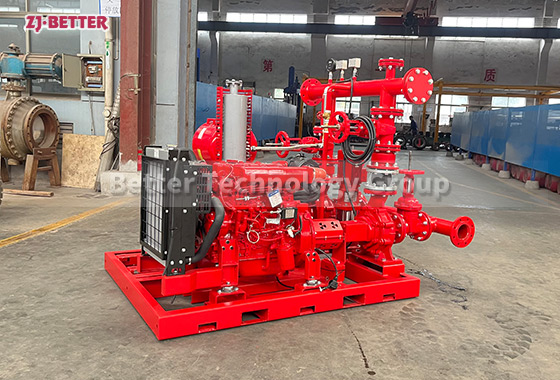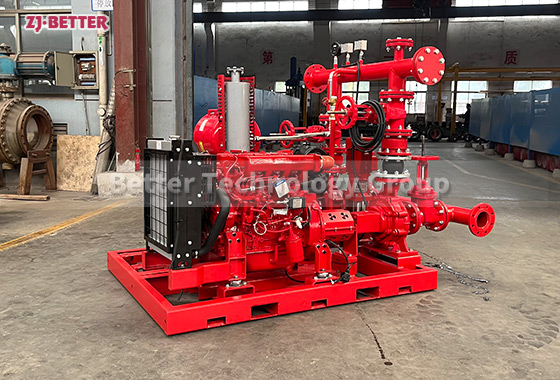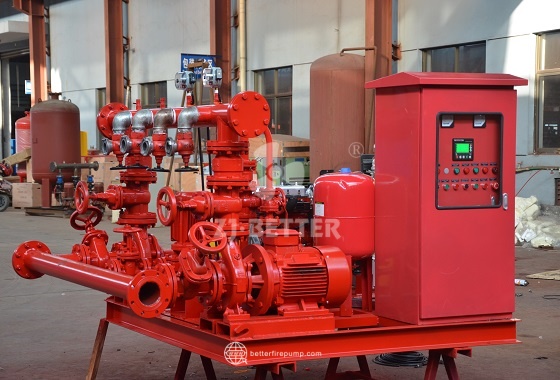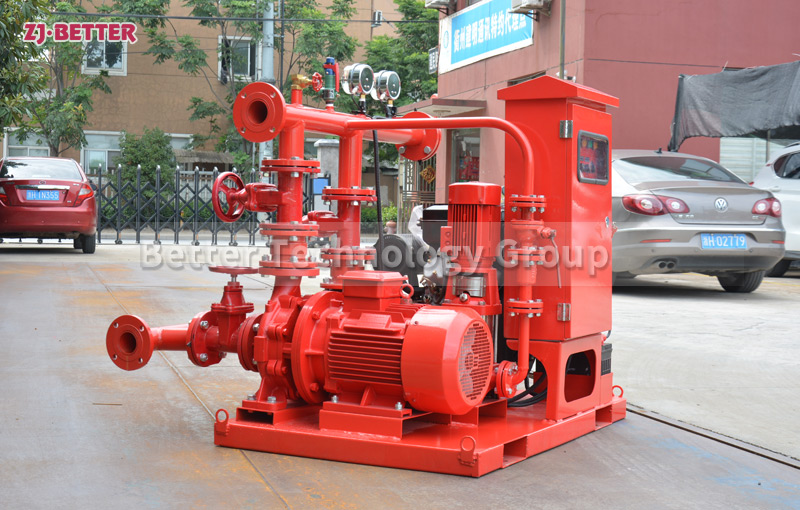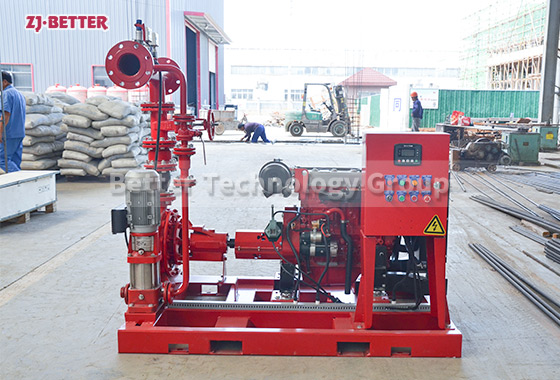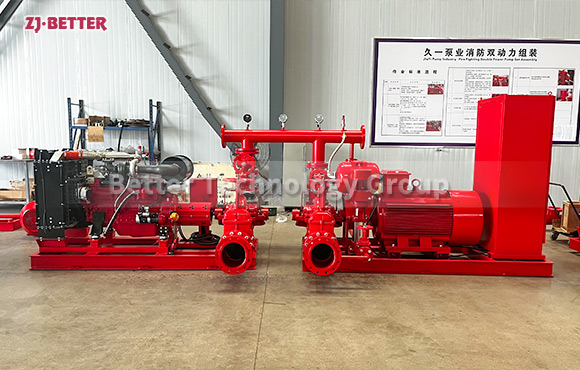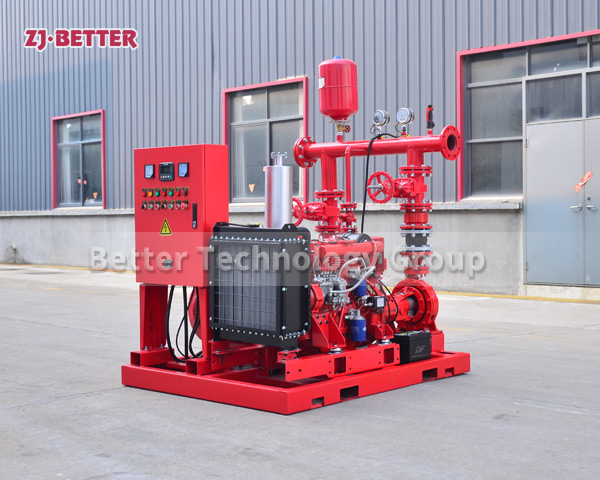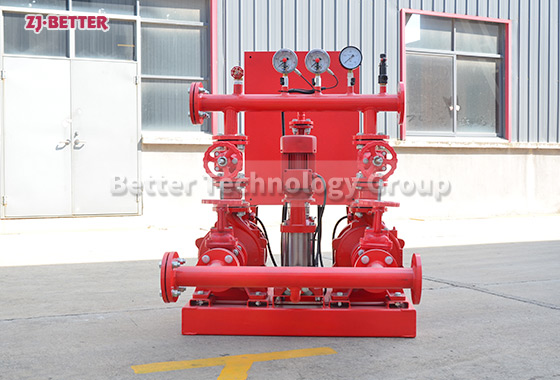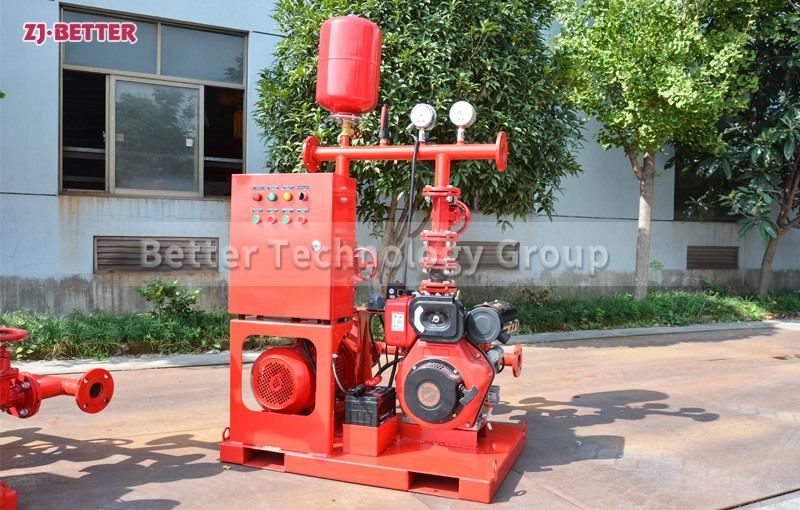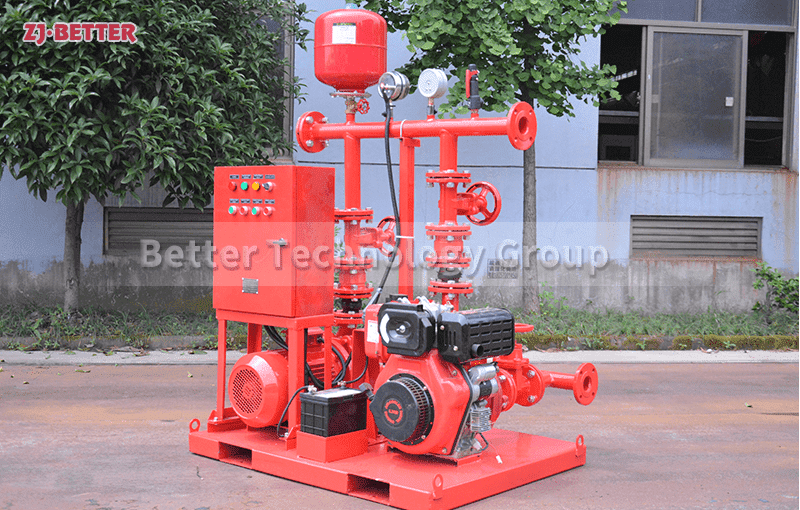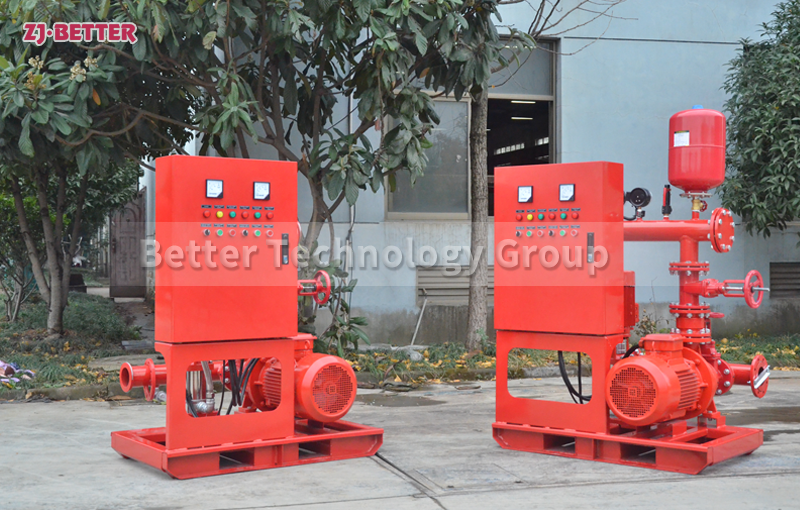Home » Fire Pump Set » Fire Pump Cooling Methods: Preventing Overheating
Fire Pump Cooling Methods: Preventing Overheating
Fire pumps generate heat during operation, and preventing overheating is essential to maintain their efficiency and longevity. This article explores various cooling methods for fire pumps, including air cooling, water cooling, and heat exchangers. It highlights the role of cooling systems in preserving pump performance.
Contact US
Get Price
Share:
Content
Fire pumps generate heat during operation, and preventing overheating is essential to maintain their efficiency and longevity. This article explores various cooling methods for fire pumps, including air cooling, water cooling, and heat exchangers. It highlights the role of cooling systems in preserving pump performance.
Inquiry
More Fire Pump Set

